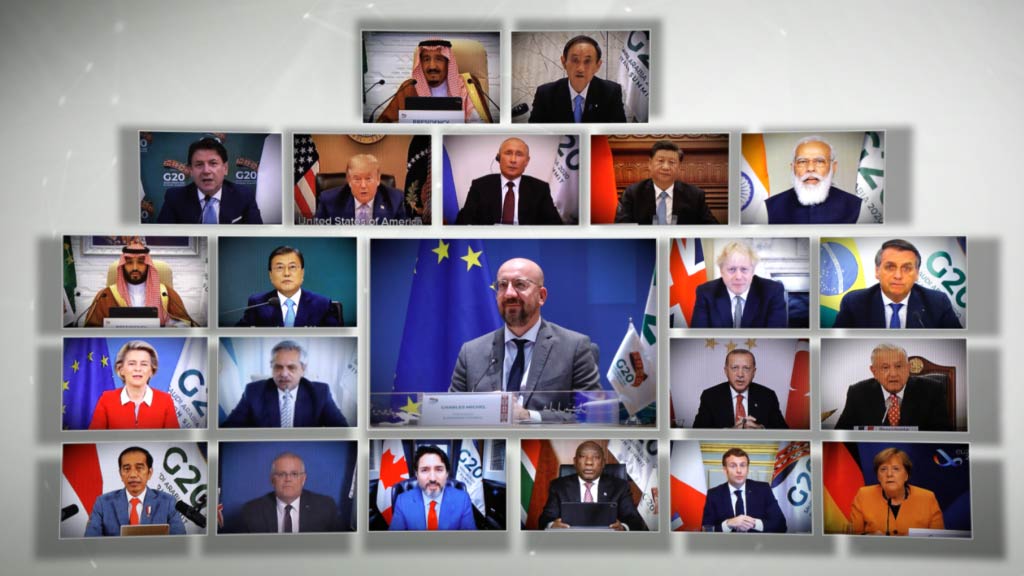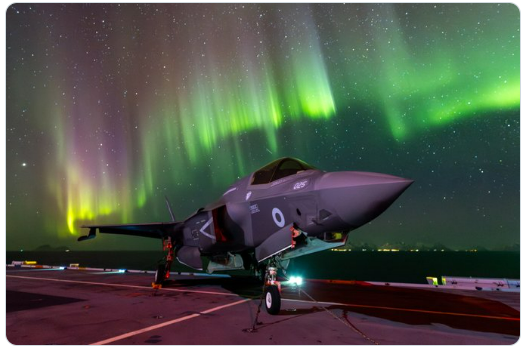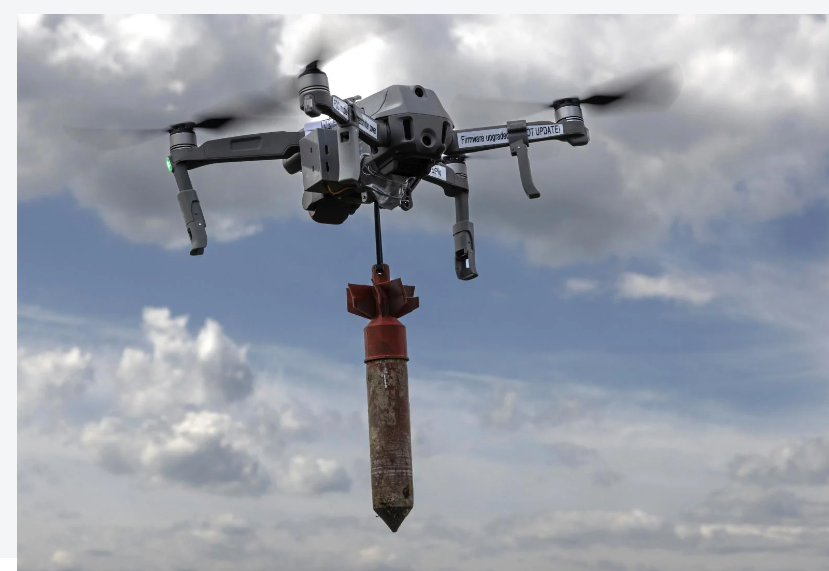Many people will wish to forget 2020. A year of fear and angst; lockdowns and isolations and one virus that brought the world to a halt. Indeed, the Covid19 virus transported the world to a previous era, one in which reaching another city, let alone another country was impossible. Airports, the signature of the networked world grew empty as did shopping malls, the signature of consumer society. Steeped within their homes, many grew numb counting the days and minutes they had spent indoors. Most obvious was the lack of comparability. People often make sense of the world through comparisons such as ‘we have the largest school classes of all OECD countries’, or ‘our GDP is similar to that of India’. Such comparisons were longer feasible in the days of Covid19 as each country adopted its own stop measures and own policies. The only thing that could be compared was the number of Covid deaths.
Nonetheless, 2020 was the year of digital resurgence. University classes were taught online, academic seminars took place on Zoom, diplomats interacted through Skype Business or Microsoft teams as did national governments. More than ever, personal lives also migrated online. Visits to doctors were conducted via webcams, employers equipped their staff with computers and large screens for remote work while meetings with bankers and mortgage applications were conducted digitally, rather than face to face. In many countries, even grocery shopping was digitalized.
Covid19 has also had an immense impact on diplomacy. A profession that rests on face to face interactions was forced to settle for tiny boxes on Zoom screens. The ability to read another diplomat’s body language, to gauge his facial expressions or to sense his demeanor was lost. As the French diplomat Talleyrand stated: A diplomat who says “yes” means “maybe”, a diplomat who says “maybe” means “no”, and a diplomat who says “no” is no diplomat. Yet the ability to distinguish between the “yes” and “no” rests not only on verbal skills, but on face to face interactions, the very interactions that Covid prevented.
And yet, 2020 may be remembered as the year of digital resurgence, or the year in which diplomats’ use of digital tools altered substantially. This is true of three specific domains. The first is that of Hybrid-Diplomacy. Through discussions with diplomats and Ambassadors I have discovered that many enjoy the benefits of Zoom meetings. One reason is that a diplomat need not leave his office to attend a meeting. This is a benefit for many diplomats, especially Ambassadors whose schedule is quite busy and diplomats stationed in multilateral settings. For instance, a diplomat in Geneva may spend hours traveling from the World Health Organization to the International Labor Organization and the International Telecommunications Union. In other words, Zoom saves time. Diplomats also stated that Zoom meetings tend to be less formal. Rules regarding who may talk and for how long are re-negotiated. This can even lead to stronger ties between groups of diplomats working towards a specific goal. Lastly, Zoom levels the diplomatic playing field. The location of each delegation in a room or formal setting such as the UN Human Rights does not matter. All diplomats are transformed into small boxes.
It is thus quite possible that in the post-Covid era we will witness the emergence of hybrid diplomacy in which some activities occur offline and others take place online. Such a transition would allow diplomatic institutions to better reap the benefits of digitalization, while maintaining the processes that are most crucial to diplomacy- hallway conversations in which coalitions are formed and treaties are negotiated. It should be noted that leaders’ summits, now also held online, are less likely to become hybrid as global summits are the pageantry of diplomacy. They are as much about theatrics and the projection of power, as they are about diplomacy.
The second shift lies in the realm of domestic digital diplomacy. That diplomats now target their own populations is well known. Yet during Covid19, MFA content dealt almost entirely with the virus. An analysis of all Facebook posts published by the British Foreign Office between March and August of 2020, found that more 90% of the content dealt with Covid19. Such posts detailed travel warnings to several countries, offered consular aid and depicted the ‘behind the scenes’ efforts to help Brits stranded abroad. However, a large proportion of these Posts highlighted Foreign Office success stories such as repatriating British citizens from various nations be it by ship, train or planes. Many posts included images of British Ambassadors escorting British citizens to specially chartered flights. Other videos depicted citizens being warmly greeted by grateful family members at Heathrow airport. These success stories may have helped the Foreign Office obtain an important goal- solidifying a domestic constituency that views the foreign ministry as an important one. Such a constituency is now sought by many MFAs who have lost their monopoly on managing a state’s external affairs as more and more government ministries collaborate with peers from abroad. Moreover, in many countries, such as Israel, MFA activities are transferred to other ministries as part of political haggling.
Finally, several MFAs have used nostalgia when commenting on Coid19. This was usually the case when a historic anniversary coincided with the outbreak (e.g., events from WW1 or WW2). The message imbued in such tweets was “we have weathered greater storms in the past”. This is part of a greater trend in which nostalgia has become a public diplomacy tool, a way of making sense of a senseless world. For instance, the US State Department has used Facebook to label China as the new USSR and Covid as the new Chernobyl. This is evident in the language that the State Department uses (e.g., emphasis on communism) and its images. Nostalgia is a powerful tool. US citizens who find it hard to understand China’s role in the world, and its relationship with the US, can simply rely on the nostalgic dichotomy of democracy versus communism. Yet, nostalgia is a fickle mistress as it is often the gateway to populism, nationalism and attacks on the machinery of diplomacy. Nostalgia also over-simplifies events promising easy solutions that can never be delivered.





Leave a comment